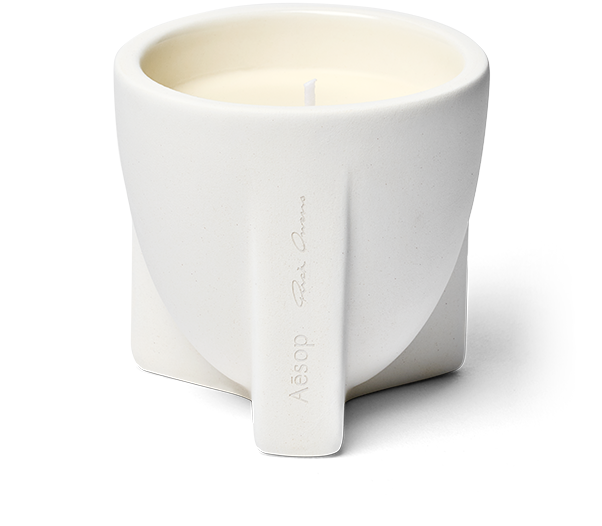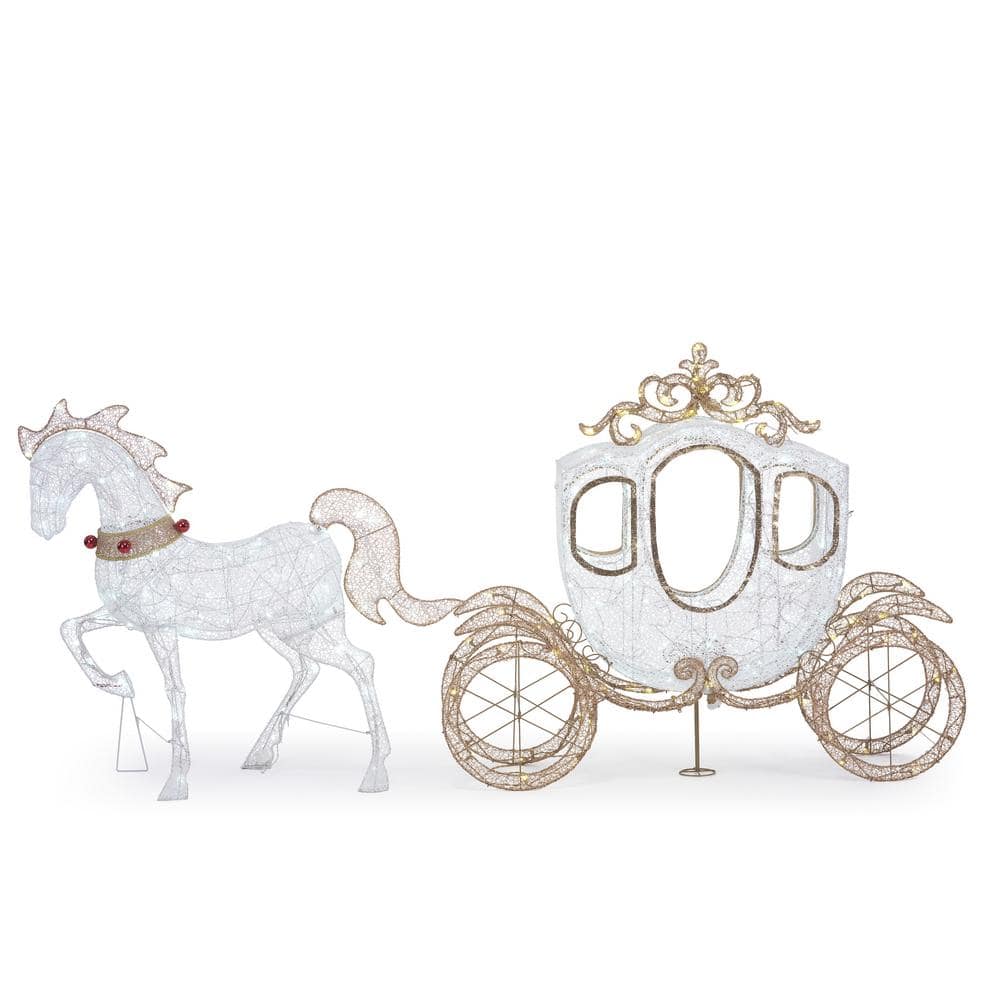Stoic Aromatique Candle | Aesop United States
Scented candle redolent of piquant Black Pepper and earthy Vetiver in a warm and woody base. Housed in a ceramic vessel designed in collaboration with Rick Owens.
Scented candle redolent of piquant Black Pepper and earthy Vetiver in a warm and woody base. Housed in a ceramic vessel designed in collaboration with Rick Owens.
Spicy, fresh, herbaceous
-
A meeting of uncompromising minds
Aesop & Rick Owens
Two steadfast sensibilities, one harmonious collection; the unconventional spirit of this collaboration finds expression in the Stoic fragrance—an unapologetically piquant blend made to be enjoyed in a variety of ways. Let its notes of Black Pepper, Coriander Seed and Patchouli unfurl from Stoic Aromatique Candle, or apply Stoic Eau de Toilette directly to the skin or on its accompanying string of ceramic beads (both included in the Travel Kit) to scent self and space alike.
Additional information
| Aroma | Spicy, fresh, herbaceous |
|---|---|
| Ingredients | Vetiver, Black Pepper, Elemi |






Reviews
There are no reviews yet.